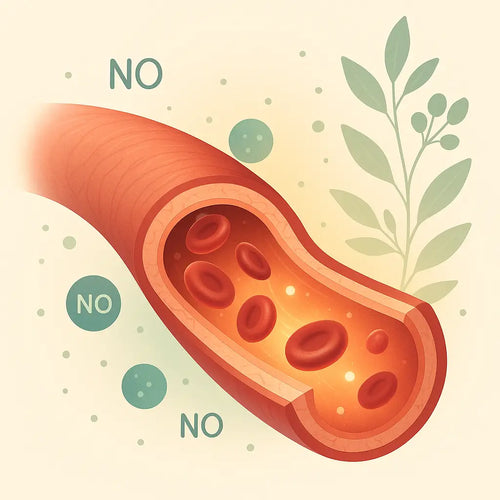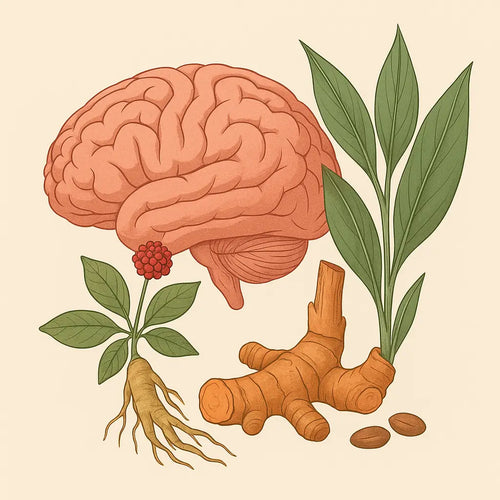The danger of antibiotic resistant bacteria is increasing, and we need to find other substances with antibacterial activity.
Curcumin has attracted a lot of attention since research has found it to lower inflammation.
It reduces several inflammatory cytokines.
Curcumin is also a potent antioxidant.
Curcumin has also been found to have anti-microbial activity against both fungi as well as several Gram-positive and Gram-negative bacteria (Neelofar K, et al. 2011, Liang G, et al. 2008).
The following research was especially interesting since it was focused on the antibacterial activity of curcumin and the possible reasons for that (Tyagi P, et al. 2015).
The study confirmed the broad-spectrum antibacterial properties of curcumin.
It found that curcumin damaged the cell membrane of these bacteria.
Remember when you use curcumin that regular curcumin is not well absorbed.
You need to take a formula with increased absorption.
I don’t recommend taking a formula with black pepper extract since that will inhibit the secondary detox pathway in the liver.
This will make toxins that are eliminated by that pathway stay in your body longer.
Liang G1, Yang S, Jiang L, Zhao Y, Shao L, Xiao J, Ye F, Li Y, Li X. Synthesis and anti-bacterial properties of mono-carbonyl analogues of curcumin. Chem Pharm Bull (Tokyo). 2008 Feb;56(2):162-7.
Neelofar K1, Shreaz S, Rimple B, Muralidhar S, Nikhat M, Khan LA. Curcumin as a promising anticandidal of clinical interest. Can J Microbiol. 2011 Mar;57(3):204-10. doi: 10.1139/W10-117.
Tyagi P1, Singh M1, Kumari H1, Kumari A1, Mukhopadhyay K1. Bactericidal activity of curcumin I is associated with damaging of bacterial membrane. PLoS One. 2015 Mar 26;10(3):e0121313. doi: 10.1371/journal.pone.0121313. eCollection 2015.
Better Curcumin
The raw material in the new Better Curcumin is absorbed 65 times better than regular Curcumin and is very bio-available. Research has also shown that curcumin has broad-spectrum antibacterial properties.










